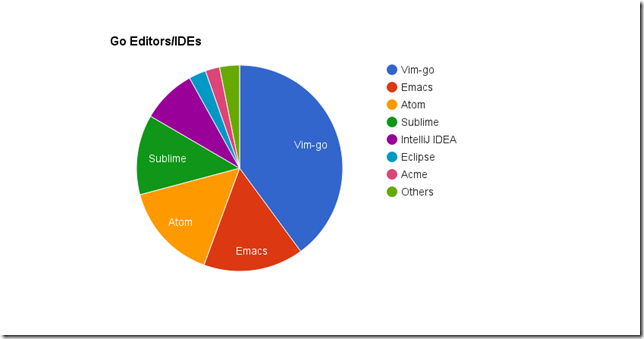Earlier in the year I came across a Stanford coding assignment inspired by Andrej Bauer’s Random Art. Pictures are built using randomly chosen mathematical expressions that take an x and y value and return a colour. The implementation on Andrej’s site uses OCaml, but is closed source, however a clear Python example is given.
F# version
The Python version worked out-of-the-box but took a while to render (10s of seconds) so I rewrote it in F# (a language based on OCaml) to improve generation time (to less than a second).
The random pictures are unsurprisingly a bit hit and miss so I set up a script to generate batches of 1000 and then sifted through to find ones I liked, here’s a few examples:
The image generation is a heavy compute task, running on my i7 Desktop was noticeably faster than my MBP. For yet faster generation the F# code was trivial to parallelise using the Array.Parallel module.
You can run the F# version on Linux, Mac or Windows, just run this snippet as an F# script: http://fssnip.net/si
Go version
I’ve been picking up the Go programming language recently, just out of curiosity, and thought this would be an interesting task to try.
Initially I’d used Notepad and the command line on Windows, for this task I switched to Mac and the Atom editor with go-plus, which gives syntax colouring and some code completion and appears to be a relatively popular choice nowadays:

Aside: for editing F# in Atom try the excellent atom-fsharp
Rather than building a UI, I simply used Go’s image package which supports setting pixels and saving images.
Here’s a skeleton using a fixed function:
To produce random art I used an interface to define expressions with each type defined using a structure and associated evaluation function. The expressions are then randomly selected and then composed. The source is available as a gist.
Here's some pictures from the first run:
Comparing implementations
The F# and Go implementations feel quite close. In F# I used a discriminated union to define the expression types and functions for evaluation. Similarly in Go I used structures to define the expression data and functions for evaluation. In both cases separating the concerns of data representation and evaluation. In effect, if we ignore the curly braces, programming in Go feels to me more akin to programming in F# than programming C# or Java. Other similarities include multiple return values in Go and first class tuples in F#, and Go’s defer and F#’s use keyword for simple resource management.
Hands On Random Art Class
If you’re interested in producing your own random art, I’ll be running a free class at the F#unctional Londoners in October, where we’ll explore some different formulas.